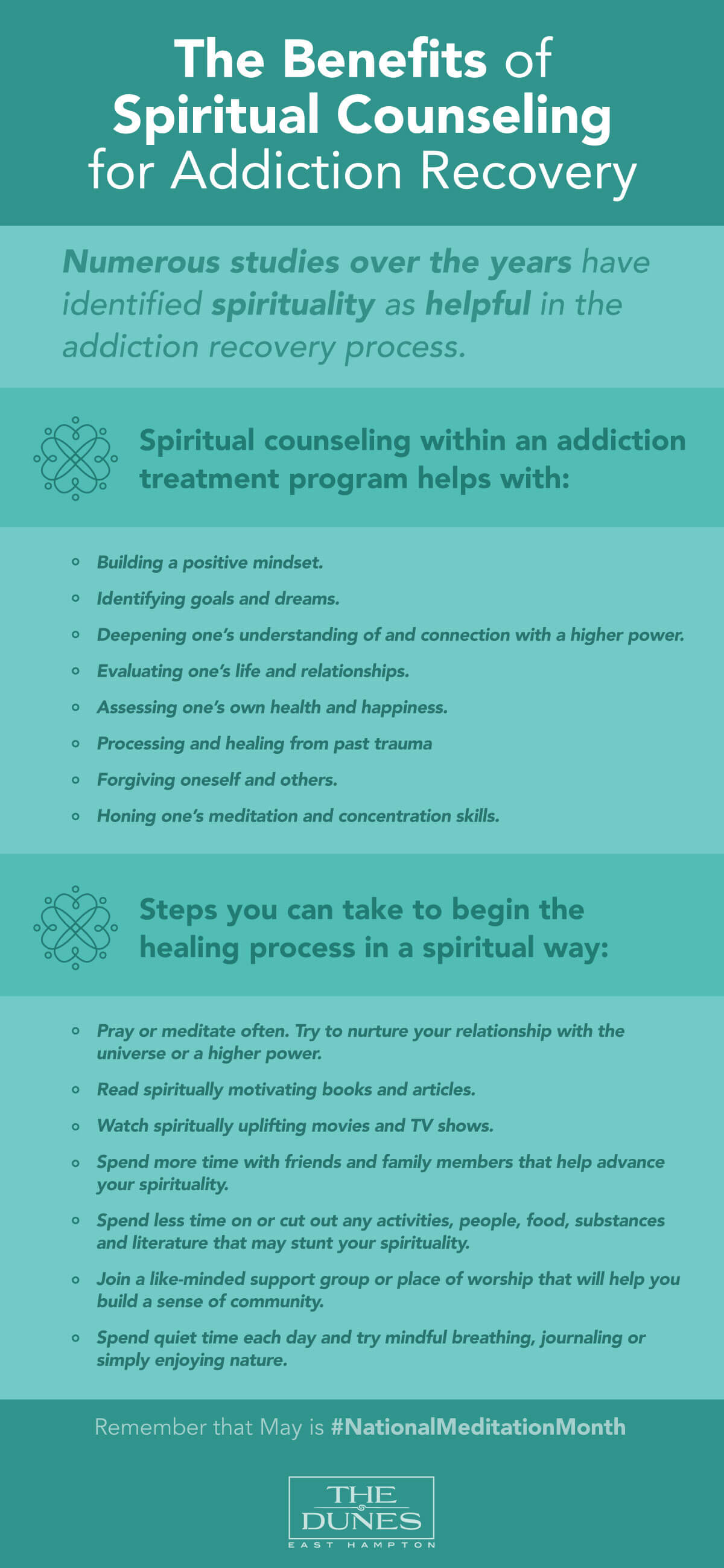Overcoming Triggers And Desires After Completing Drug Rehabilitation
Overcoming Triggers And Desires After Completing Drug Rehabilitation
Blog Article
Material Produce By-Iversen Stilling
You have actually finished Drug rehab and taken a significant step towards a healthier way of life. And now, facing triggers and desires post-rehab can be a difficult trip. Exactly how do you navigate via these minutes without endangering your progress? Comprehending the methods to deal with triggers and food cravings is crucial in keeping your sobriety. Allow's check out reliable methods to handle these challenges and secure your newfound dedication to living a drug-free life.
Identifying Triggers and Desires
To properly handle your triggers and food cravings, begin by recognizing the scenarios or feelings that result in your desire to use. Take https://telegra.ph/Household-Involvement-In-Drug-Dependency-Therapy-Why-It-Matters-07-06-3 to review what conditions or feelings trigger your cravings. Is it tension, dullness, social situations, or specific places? By determining these triggers, you can much better prepare yourself to manage them.
Triggers can be both interior, such as negative emotions or physical pain, and exterior, like being around people who utilize compounds or seeing a specific place.
Pay attention to patterns in your cravings-- are they more constant at particular times of the day or in response to details events?
Structure Healthy And Balanced Coping Methods
Identifying your triggers and cravings is the very first step in the direction of structure healthy coping techniques to manage them effectively. When you understand what circumstances, feelings, or people activate your desires, you can start establishing a plan to resolve them.
One effective method is to change adverse behaviors with favorable ones. For example, if tension activates yearnings, exercising relaxation methods like deep breathing or reflection can aid. Participating in physical activities such as exercise or going for a stroll can likewise be an excellent means to handle food cravings.
Another vital facet of building healthy and balanced coping techniques is to develop a supportive setting. straight from the source with individuals who recognize your trip and can give support and liability. It is necessary to develop borders with people that may not sustain your recuperation.
In addition, establishing a routine that includes healthy practices like regular workout, correct nourishment, and enough sleep can aid you stay on track and minimize the possibility of experiencing triggers and food cravings.
Seeking Assistance and Responsibility
Developing a network of encouraging people who can give motivation and hold you answerable is vital in taking care of triggers and food cravings effectively. Seek pals, family members, or a support system that understand your trip and can supply advice when you encounter difficult situations.
Having someone to speak to during moments of lure can make a significant distinction in staying on track with your recuperation. Accountability companions can assist you stay focused on your objectives and remind you of the reasons why you selected to seek aid in the first place.
They can additionally assist in producing a structured strategy to manage triggers and cravings, such as creating alternative tasks or coping systems to replace the urge to use medicines. Regular check-ins with your support system can provide peace of mind and motivation, assisting you feel much less isolated in your recuperation trip.
Conclusion
Bear in mind, identifying and dealing with triggers and food cravings after Drug rehabilitation is a crucial element of maintaining sobriety.
By identifying your triggers, building healthy and balanced coping techniques, and seeking support from loved ones or support groups, you can browse through tough moments and stay focused on your sobriety goals.
Keep in mind, you aren't alone in this trip, and with the right tools and assistance, you can conquer lures and live a meeting, drug-free life.
Keep solid and keep moving on.
